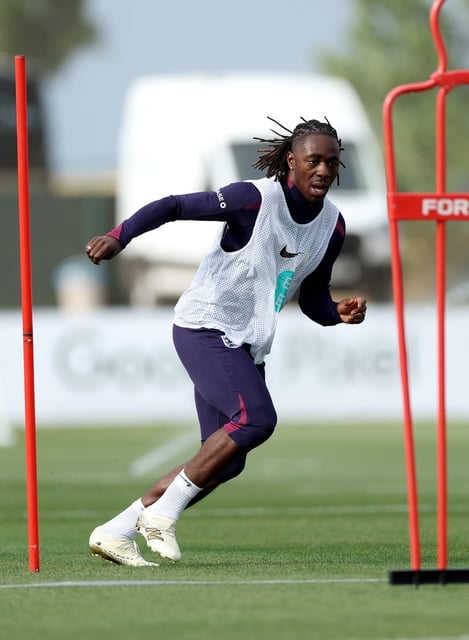Overview
- Players ingested biometric capsules that transmit internal temperature and vital signs during strenuous 45-minute cycling sessions in 35–36°C heat chambers.
- FA sports scientists remotely scanned pill data to assess individual heat tolerance and cooling rates for personalised training and recovery strategies.
- The digital pill technology, long used in endurance sports and rugby, marks football’s first systematic adoption to prepare players for extreme environmental conditions.
- Training simulations were designed to mimic expected match-day temperatures in 14 of the 16 host cities, where averages often exceed 30°C.
- Tuchel’s side has won its opening two World Cup qualifiers and now turns to matches against Andorra and Senegal to maintain momentum.


